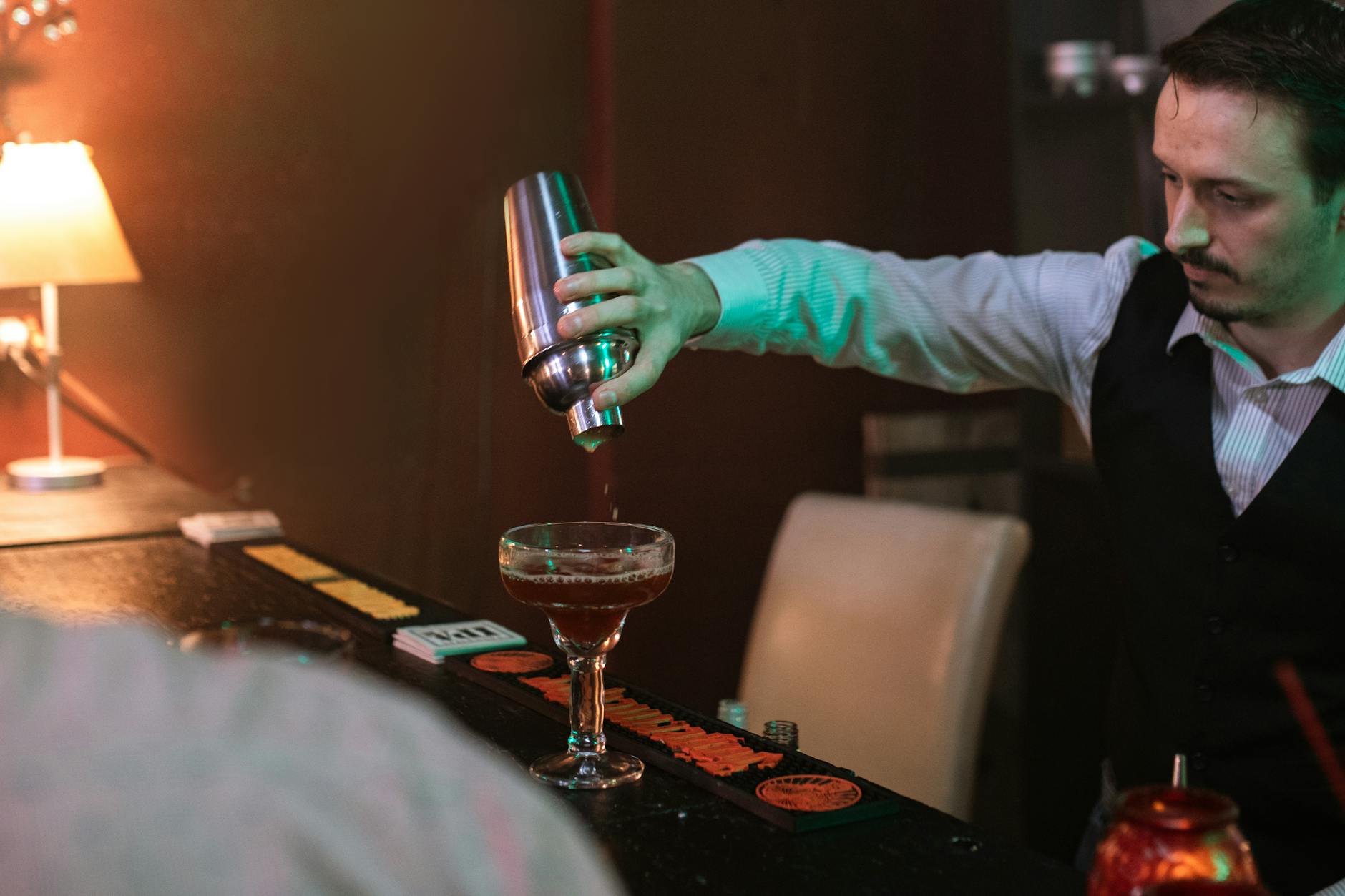Discover the secret behind how alcohol transforms ordinary people into wild and carefree souls with this intriguing blog post.

Image courtesy of RDNE Stock project via Pexels
Table of Contents
In social settings, the question of how many beers it takes to get drunk often arises. It’s a common query, albeit one that lacks a straightforward answer. The truth is, the number of beers needed to reach a state of intoxication can vary widely depending on a multitude of factors. In this blog post, we aim to delve deep into the science of alcohol metabolism and intoxication levels to answer this intriguing question.
Factors Affecting Intoxication Levels
Individual differences play a significant role in how alcohol affects the body. Factors such as genetics, overall health, and even mood can influence a person’s tolerance to alcohol. In addition, gender differences in alcohol metabolism are well-documented, with women typically reaching higher blood alcohol concentrations (BAC) faster than men due to differences in body composition and enzyme levels. Body weight and composition also play a role, as a larger person may be able to consume more alcohol before feeling intoxicated compared to someone with a smaller build. Furthermore, the rate at which alcohol is consumed can significantly impact intoxication levels. Rapid consumption can lead to a more sudden increase in BAC, potentially resulting in quicker intoxication.
Alcohol Metabolism: How Does the Body Process Alcohol?
Alcohol metabolism primarily occurs in the liver, where enzymes work to break down ethanol – the intoxicating component in alcoholic beverages. The liver metabolizes alcohol at a relatively constant rate, leading to a gradual decrease in BAC over time. The enzyme alcohol dehydrogenase (ADH) plays a key role in metabolizing alcohol, converting it into acetaldehyde, a toxic byproduct. Subsequent enzymes and processes then work to further break down acetaldehyde into harmless substances that the body can eliminate.
Tips for Responsible Drinking and Avoiding Over-Intoxication
Understanding your own limits is crucial when it comes to alcohol consumption. It’s essential to be aware of how alcohol affects your body and when to stop drinking to prevent over-intoxication. Eating before drinking can help slow down the absorption of alcohol into the bloodstream, reducing the rapid increase in BAC that can lead to intoxication. Additionally, alternating alcoholic drinks with water can help stay hydrated and pace alcohol consumption, potentially lowering the risk of over-intoxication. It’s also important to seek help if you or someone you know is struggling with alcohol abuse. Recognizing the signs of alcohol dependency and taking steps to address them is vital for overall well-being.
In conclusion, the question of how many beers it takes to get drunk is a complex one, influenced by various factors such as individual tolerance levels, alcohol metabolism, and rate of consumption. By understanding the science behind alcohol intoxication and practicing responsible drinking habits, individuals can better navigate social situations involving alcohol and make informed decisions about their alcohol consumption. Remember, moderation is key when it comes to alcohol – knowing your limits and prioritizing your health and safety are paramount.
FAQ
How does alcohol affect the body?
Alcohol affects the body by slowing down brain function and impairing motor skills. It also affects judgment and inhibitions, leading to risky behavior.
Can genetics influence alcohol tolerance?
Yes, genetics play a role in alcohol tolerance. Some individuals may have genetic variations that affect how their bodies metabolize alcohol, leading to differences in tolerance levels.
What is the legal BAC limit for driving?
The legal blood alcohol concentration (BAC) limit for driving is typically 0.08% in most states. Driving with a BAC above this limit is considered illegal and can result in severe consequences.
How can I tell if someone has alcohol poisoning?
Signs of alcohol poisoning include confusion, vomiting, seizures, slow breathing, and unconsciousness. If you suspect someone has alcohol poisoning, seek medical help immediately.
Generated by Texta.ai Blog Automation
Leave a Reply